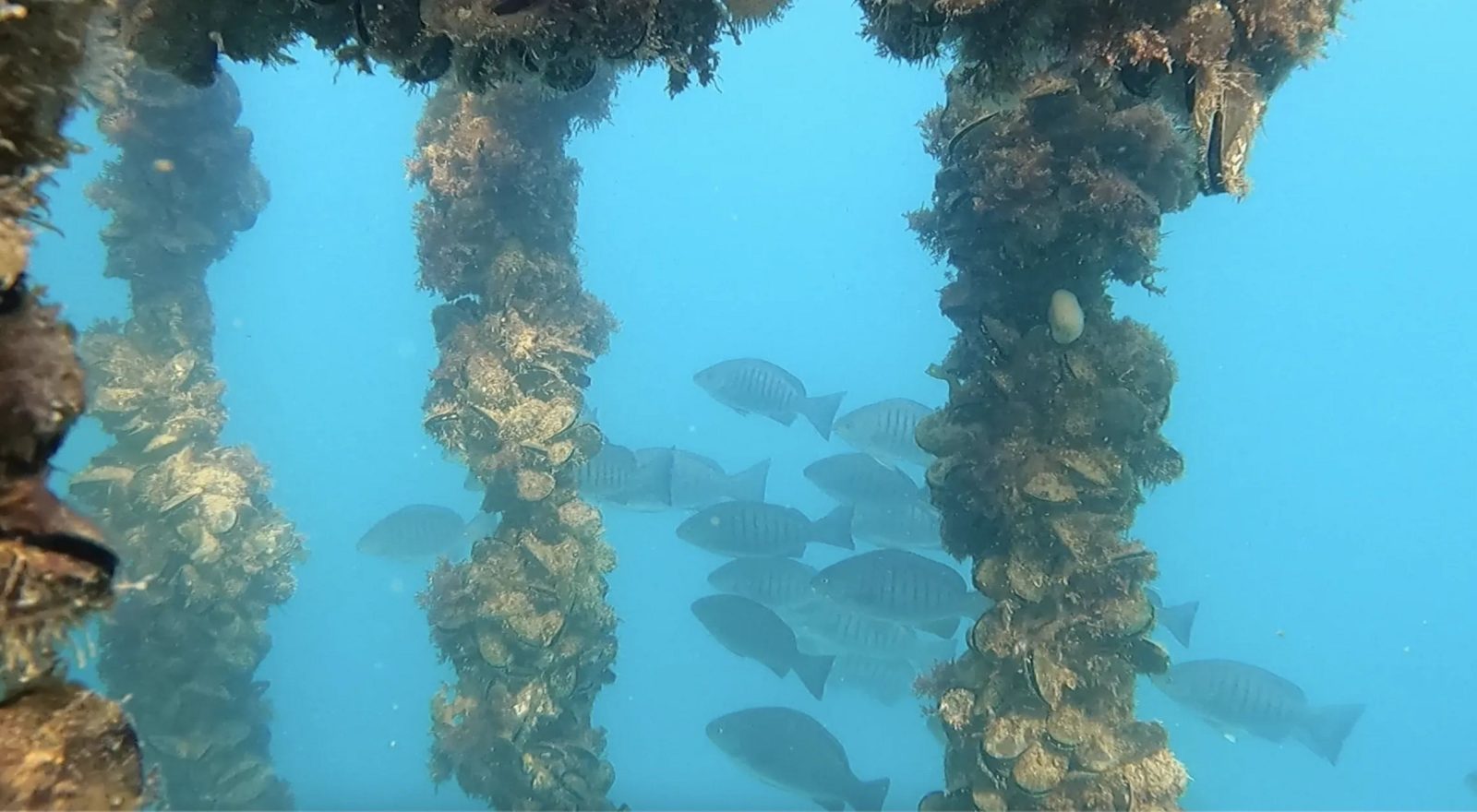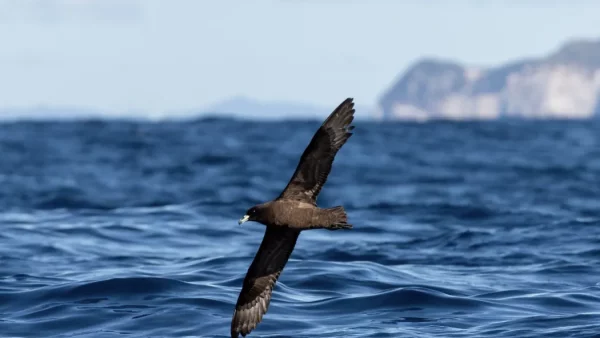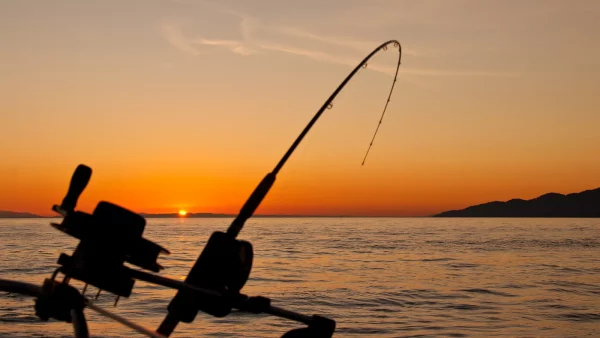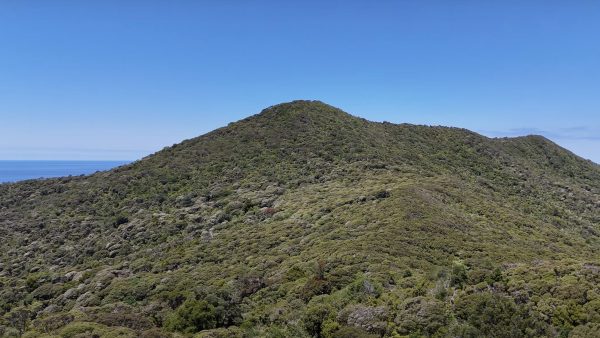Blues hooker Kurt Eklund has set off a storm online after questioning the fairness of the government’s new Hauraki Gulf / Tīkapa Moana Marine Protection Act, which shuts off large parts of the Gulf to recreational fishers while still allowing commercial operators and Māori to fish in protected areas.
In a video to his Instagram followers, Eklund said he supported protecting the Gulf but couldn’t understand the logic of the new rules.
“Keen to get you guys’ thoughts on the new Hauraki Gulf protection laws that have just come into place. [They’re] Supposed to clean up the Gulf and give the fish a break. To me as a recreational fisherman, closing off some of our favourite spots while still leaving a few of them open for commercial fishing seems a little bit backwards. I feel like if they’re closed to some, they should be closed to all. At the same time, how are we as rec[reational] fishers supposed to help with the regeneration of the Gulf? Are we supposed to have less quota too, or better fish care? Keen to know your guys’ thoughts,” he said.
The post has gone viral with thousands of likes, shares, and comments from recreational fishers, environmental advocates, and critics of the new law.
Among the most-liked responses was from sustainable-fishing charity LegaSea, which said: “They’ve closed off key recreational spots while changing nothing about the bulk harvest of our fish. No mention of the trawl corridors either — business as usual for the most destructive fishing methods. Allowing commercial netting in ‘high protection areas’ is insane. The Bill only protects about six percent of the Gulf when we could have had 100.”
Others questioned why bottom trawling remains legal across most of the Gulf and why policing of the new zones will rely on limited resources. Some accused the government of creating a “two-tier system” that bans most New Zealanders from fishing grounds while allowing a few to continue under exemptions.
The Hauraki Gulf / Tīkapa Moana Marine Protection Act, passed earlier this month, creates 19 new high-protection areas covering about 800 square kilometres — the biggest expansion of marine protection in decades. Within these zones almost all fishing is banned, but Māori may still fish for cultural purposes such as tangi or hui, and limited ring-netting by commercial operators is allowed in a few corridors.
Conservation Minister Tama Potaka said the legislation marked “bold action for nature” and represented the most significant increase in marine protection in over a decade. “We’re acting to revitalise the Gulf so future generations can experience a thriving marine environment,” he said.








